Politburo member and Standing member of the Secretariat Tran Cam Tu visits the photo exhibition "100 years of Vietnamese revolutionary journalism"_Photo: VNA
1. The press is a popular means of communication, has a strong social impact, and is an effective tool on the ideological front. According to Article 4 of the 2016 Vietnamese Press Law, “The press in the Socialist Republic of Vietnam is an essential means of information for social life; is the mouthpiece of Party agencies, state agencies, socio-political organizations, socio-political-professional organizations, social organizations, socio-professional organizations; is a forum for the people” (1) . Throughout its 100-year history, the Vietnamese revolutionary press has made great contributions to the cause of national liberation, promoting socio -economic development, gathering and uniting the entire nation, building and firmly defending the socialist Fatherland of Vietnam.
Social criticism is understood as "general criticism, but with a broader scale and force of society, people, and scientists on the content, direction, guidelines, policies, solutions for socio-economic development, science - technology,education , health, environment, general security and order of the whole society of the Party, State and related organizations" ( 2) . Specifically, social criticism is the exchange, debate, and presentation of different viewpoints and opinions on events and issues arising in social life, which have profound significance to the community or have a great impact on society. It is also a debate on the rightness or wrongness, the necessity or unnecessity of major programs, projects, and development orientations of an industry, a field or a locality.
The 10th Party Congress document emphasized: “General criticism, but with a broader scale and force of society, people and scientists on the content, direction, guidelines, policies, solutions for socio-economic development, science - technology, education, health, environment, order, and general security of the whole society of the Party, the State and related organizations” (3) . At the 11th Party Congress, the responsibility of social criticism of the mass media was clearly stated: “Focus on enhancing the ideological nature, strongly promoting the functions of information, education, organization and social criticism of the mass media for the benefit of the people and the country” (4) . Thus, the role and function of social criticism of the press is clearly affirmed, that is: "Social criticism of the press as a means means that the press becomes an official information channel to connect the Party, government, mass organizations with the people, a channel to convey the opinions and recommendations of the people to the Party, government, and mass organizations about policies and guidelines related to the interests of the people and the country" (5) .
The concept of social criticism in journalism is very broad and rich, however, the purpose of social criticism in journalism needs to achieve unity, which is: social criticism to create consensus in society. Social criticism journalism focuses on providing clear, accurate and multi-dimensional information, helping people have a comprehensive view of social issues, thereby creating consensus based on correct information. The public turns to the press with the desire to understand the nature of the problem, because each event that occurs has many details and many different perspectives. By reflecting information from different aspects, even on issues that have not yet reached a consensus, the press provides the public with a comprehensive view of the whole picture, and at the same time encourages debate, deeper and more thorough understanding of that issue in order to reach the ultimate truth.
In addition, the press performs the function of social criticism not only in the process of reporting news but also in creating space for opinions that are not in agreement or have conflicting views. These debates are necessary to explore more deeply, understand the issues better, and thereby find common solutions. However, it is necessary to clearly distinguish between opinions that are exchanged and debated, sometimes very fiercely, but in a constructive spirit, aiming at understanding, sharing and consensus, and opinions that take advantage of "criticism" to sabotage, cause trouble, and incite propaganda. Opinions that are called "criticism" often delve into individual shortcomings and defects that are not representative of the overall picture, in order to "make a mountain out of a molehill", intentionally distorting, exaggerating, and attributing shortcomings and defects to blacken things and phenomena, and deflecting correct perception.
In fact, from the perspective of the perception and interests of social groups, with the experience of each individual, it is normal to have different opinions and assessments. Debates and dialogues through the mass media are the way to clarify different viewpoints, evaluate and perceive issues from many perspectives. Constructive criticism brings benefits to society. Through debate, the arguments presented will be considered and considered by the public, thereby having an appropriate approach. In the face of issues with many opinions and options, social criticism through the press helps managers have a scientific, legal and practical basis to make the most reasonable decisions and choices for policies and plans before promulgation.
In many cases, debates in the press can expand the scope of issues related to policy criticism, comments on projects and proposals, especially large projects that have a strong impact on economic - cultural - social life, and the interests of target groups in society. Sometimes these are spontaneous opinions of public groups through articles and images sent to press agencies. In some cases, critical opinions are expressed in the form of articles, images, and serial works that are proactively built by press agencies through discovering topics from the vivid reality that is taking place. An effective method of social criticism in the press today is to organize seminars, workshops, and exchange opinions, through the discussion of experts and scientists to clarify the contents with different opinions.
In terms of information transmission, a journalistic work will be more attractive if it presents multi-dimensional opinions and different perspectives. Objective and diverse thinking will broaden the work's perspective, creating more information value for the recipient. A radio or television program with debate and turning over issues will be less boring if it takes place in a one-way linear time. Journalists who want to effectively criticize and monitor society must have a lot of information, broad knowledge and vision to convince the public. On the contrary, if they are biased, narrow-minded, and try to force information into a narrow perspective, it will be difficult to find the public's sharing and sympathy.
Policy-making agencies and management agencies also need information, comments and criticism to improve policies and guidelines. The Party's viewpoint always emphasizes the supervisory and critical role of the Vietnam Fatherland Front and people's organizations. The Law on Promulgation of Legal Documents also clearly states that collecting public opinions is an important and mandatory step in law-making. One of the most effective ways to collect opinions is through the press. In the Report synthesizing public opinions and recommendations sent to the 9th Session of the 15th National Assembly on May 5, 2025, the rate of opinions agreeing with the policy of merging provincial administrative boundaries and abolishing the district level through direct consultation with the Fatherland Front system and the rate of opinions agreeing reflected in the press are almost identical (the rate of agreement when directly consulting is 99%, the rate of agreement in press articles is 99.3%). The remaining number, less than 1%, also completely agreed with the policy, but added their opinions, expressed their thoughts and wishes regarding technical issues in implementation, or how to name new communes and new provinces after the merger... (6) .
Thus, information in the press is still a reliable reference channel. When there are different opinions or basic consensus, discussion and debate are always necessary. Criticism does not mean opposition. Sometimes criticism is to analyze more arguments, support but contribute more ideas from other perspectives, clarify the challenges and development contexts so that the management agency has more information, considers more carefully the next steps to achieve the highest goal.
Thus, social criticism in the press is not to create conflicts, deepen disagreements or push the parties apart. On the contrary, the highest goal of social criticism in the press is to find common ground, towards consensus, on the basis of a clear and comprehensive understanding of the problem. President Ho Chi Minh pointed out: “When everyone has expressed their opinions and found the truth, then the right to freedom of thought becomes the right to freedom to obey the truth” (7) . He analyzed: “The truth is what is beneficial to the Fatherland and the people. What is contrary to the interests of the Fatherland and the people is not the truth. Strive to serve the Fatherland and serve the people means obeying the truth” (8) !. Thus, true consensus must be based on frank exchange, speaking “every reason and every reason” in a constructive spirit for a common goal. If such understanding is not reached, the consensus will not be deep, and may even be "just a consensus", "showing off but not being satisfied"...
2. For social criticism to be effective, it is important that the level and awareness of the parties are relatively balanced, and that they understand each other's messages. Absolutely avoid the situation where the speaker keeps talking, the doer keeps doing, lacking trust and information exchange, leading to misunderstanding or not fully understanding each other's messages. Directive No. 07/CT-TTg, dated March 21, 2023, of the Prime Minister, on "Strengthening policy communication work" clearly states that state management agencies are the units responsible for communicating policies to the public. The press is the coordinating unit, the means for implementation (9) . Therefore, the press's participation in social criticism, especially giving direct, frank and constructive comments on new policy drafts, projects, and large construction projects that have a strong impact on the social community, is also in line with the wishes of management agencies. It is an important reference material for state management agencies in the reviewed fields to have a basis to perfect their plans and policies.
However, when giving criticism, the press needs to clearly understand its role and position. The press is not a management agency, not an agency that issues orders. Absolutely avoid giving "orders" in the name of public opinion, creating inappropriate pressure on the management agency. In our country, the Vietnamese revolutionary press represents the voice of the Party, the State, socio-political organizations, and is a forum for the people. Therefore, when performing the function of social criticism, the press must always be aware of and comply with its principles and purposes, avoid "making it difficult" for the management agency with "sky-high" proposals, "populist" opinions, "glorified" on the "cover" for the benefit of the people, but in reality cannot be implemented due to limited resources, or violate the principle of fairness, only serving the interests of specific social groups while ignoring the broader social interests. Social criticism in the press needs to aim at proposing solutions to ensure the legitimate rights of the people.
In order for the press to effectively and convincingly criticize society, in addition to the quality of information, it also requires the political sensitivity of journalists and the efforts of the entire collective in a large-scale communication campaign. Typically, in the early years of renovation, with the motto "Looking straight at the truth, evaluating the truth correctly, and stating the truth clearly", our Party encouraged the press to reflect both negative aspects, negative aspects, and inadequacies for timely correction. General Secretary Nguyen Van Linh directly wrote articles for the column "Things to do immediately" published in Nhan Dan Newspaper. With political sensitivity and expanding the range of topics, many other press agencies have opened columns on social criticism, thanks to which many social issues, phenomena, and negative incidents have been exposed. The public enthusiastically received the information, contributing more ideas to build a better society.
Social criticism can only be effective if there is a consensus of viewpoints, considering the country's work as the common responsibility of the Party, the State and each citizen. In the context of the country entering a new era, many strong, revolutionary policies have never been made before. However, many new issues when put into practice are still difficult due to hesitation, lack of time to change and possibly due to concerns about the interests of some groups of people being affected. At this time, the participation of the press and social media is important, creating unity in thought and action. The analysis of the press from many different aspects will help the public have a comprehensive view of the policies and decisions of the Party and the State, contributing to bringing policies and policies into practice, towards building a rich, prosperous, civilized and happy country.
Press working at the school festival of children in the highlands_Source: nhiepanhdoisong.vn
3. To perform well the social criticism function of the press and create social consensus, press agencies and individual journalists need to focus on the following contents:
Firstly , it is necessary to clearly define social criticism as the responsibility and mission of the press, both to meet the people's information needs and to fulfill its responsibility as the Party's sharp weapon on the ideological front in all circumstances. Through social criticism, urgent issues and major projects that have an impact on society are fully and clearly viewed from many aspects. On that basis, management agencies will have a more complete and comprehensive assessment and recognition, thereby proposing effective solutions in the process of formulating, promulgating and implementing policies.
Second , to effectively criticize society, the press must grasp hot issues and information that the public is interested in, anticipate development trends, and clearly identify the benefits and impacts that will occur. Based on a thorough and profound understanding of the problem, the press can find the most reasonable and effective information solution. The country is entering a new era, many new and great tasks are being implemented with high determination, fast speed, and many are even unprecedented. Therefore, the press must closely follow the Party's policies and guidelines, thoroughly understand the operating principles and relationships of the political system to be proactive in grasping and conveying information. Analysis, comments, and social criticism must clearly demonstrate a responsible attitude, be constructive and effective.
Third , the purpose of social criticism in the press is to reach social consensus, towards common awareness, common action, for the common goal of the whole society. Any arguments and debates put forward cannot and absolutely must not create division and distraction. Looking straight at the shortcomings and difficulties, proposing feasible solutions that are suitable to reality is always the unified goal of social criticism in the press.
Fourth , strengthen the application of science and technology and digital transformation of journalism, especially in research, grasping the needs and psychology of public information reception. Promote the role of the mainstream press information flow in the digital media environment, considering it the main front in the struggle to protect the Party's ideological foundation, and at the same time an opportunity to promote the role of social criticism of the press. Journalists must constantly learn and take advantage of modern media science and technology applications, and skillfully use new media technology to improve the quality, create efficiency and wide dissemination of press works.
Reality is posing the need to strengthen training and retraining of press staff, ensure a solid political mindset and awareness, improve the operational capacity and agility of journalists. Press agencies must adhere to their objectives and purposes, strictly implement legal regulations, and comply with the direction and leadership of Party committees, authorities and superior management agencies. Synchronously implementing the above solutions will help the press fulfill its role and tasks on the ideological front, promote the role and function of social criticism, and promote social consensus for the goal of national development in the new era./.
---------------------------
(1) Law No. 103/2016/QH13 of the National Assembly: Press Law
(2) Tran Hau: Social criticism, Electronic Journal of Political Theory , February 12, 2014, https://lyluanchinhtri.vn/phan-bien-xa-hoi-3080.html
(3) Study some terms in the documents of the 10th National Congress of the Party , National Political Publishing House, Hanoi, 2006, p. 182
(4) Documents of the 11th National Congress of Delegates , National Political Publishing House - Truth, Hanoi, 2011, p. 225
(5) Pham Huy Ky: The press performs the function of social supervision and criticism - problems and solutions, Journal of Political Theory and Communication , June 2022 issue, https://lyluanchinhtrivatruyenthong.vn/bao-chi-thuc-hien-chuc-nang-giam-sat-va-phan-bien-xa-hoi-van-de-va-giai-phap-p27511.html
(6) See: Report synthesizing opinions and recommendations of voters and people sent to the 9th Session of the 15th National Assembly, Dai Doan Ket Newspaper , May 5, 2025, https://daidoanket.vn/bao-cao-tong-hop-y-kien-kien-nghi-cua-cu-tri-va-nhan-dan-gui-toi-ky-hop-thu-9-quoc-hoi-khoa-xv-10305099.html
(7) Ho Chi Minh: Complete Works , National Political Publishing House Truth, Hanoi, 2011, vol. 10, p. 378
(8) See: Directive No. 07/CT-TTg, dated March 21, 2023, of the Prime Minister, On strengthening policy communication work, Government Electronic Information Portal, https://datafiles.chinhphu.vn/cpp/files/vbpq/2023/ 3/7-ttg-ct.signed.pdf
(9) See: Nguyen Van Linh: "Innovation to move forward", National Political Publishing House, Hanoi, 1988
Source: https://tapchicongsan.org.vn/web/guest/chinh-tri-xay-dung-dang/-/2018/1091302/bao-chi-phan-bien-xa-hoi-de-tao-su-dong-thuan.aspx


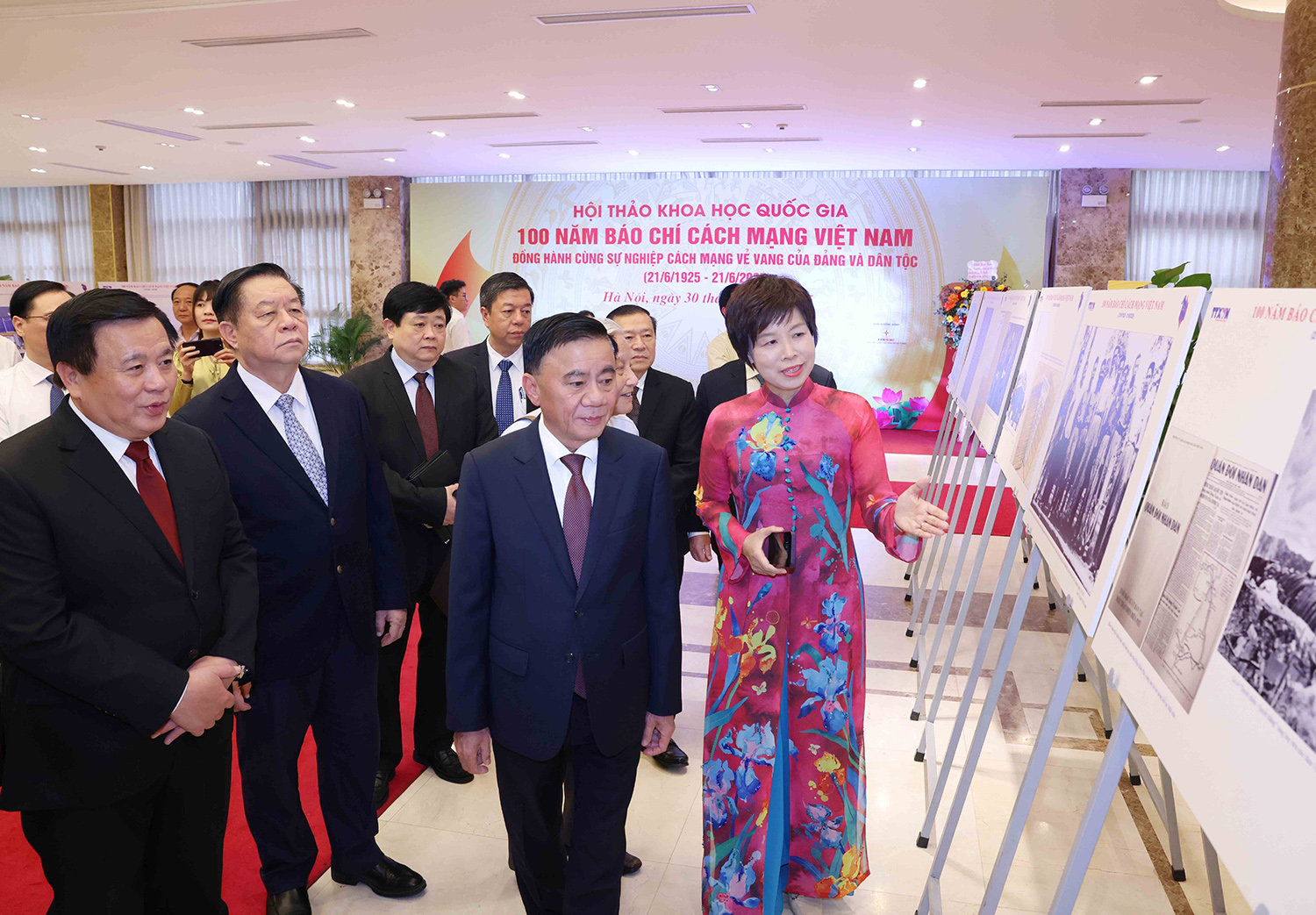









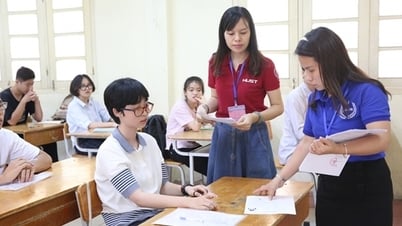











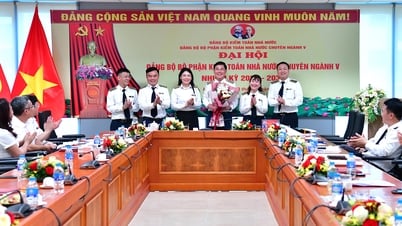
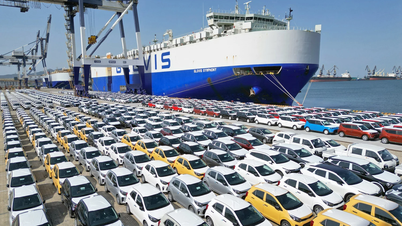
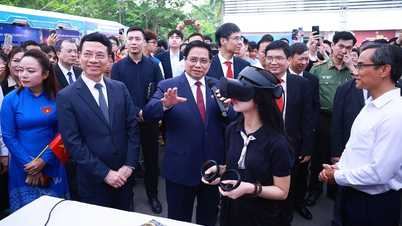


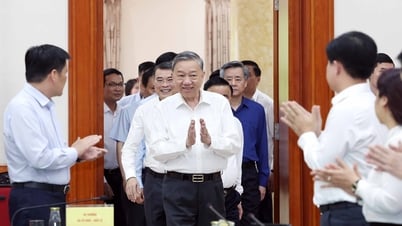






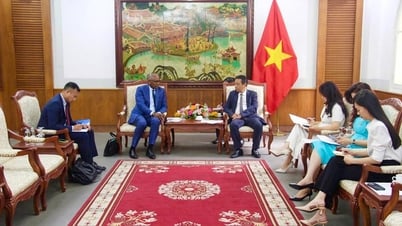



























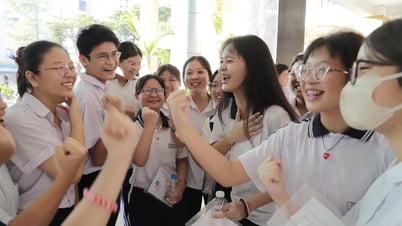
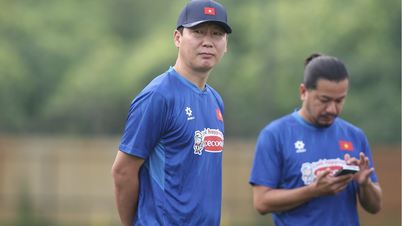
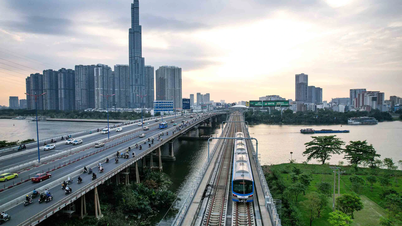



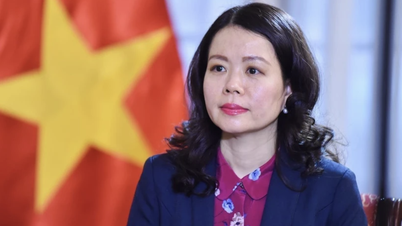








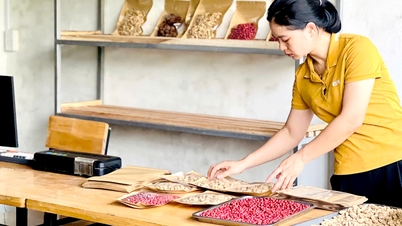

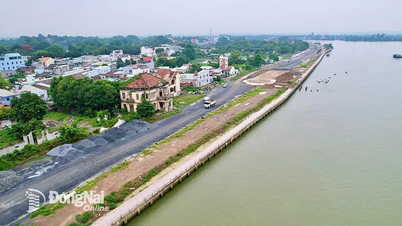







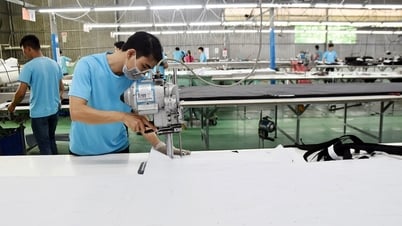








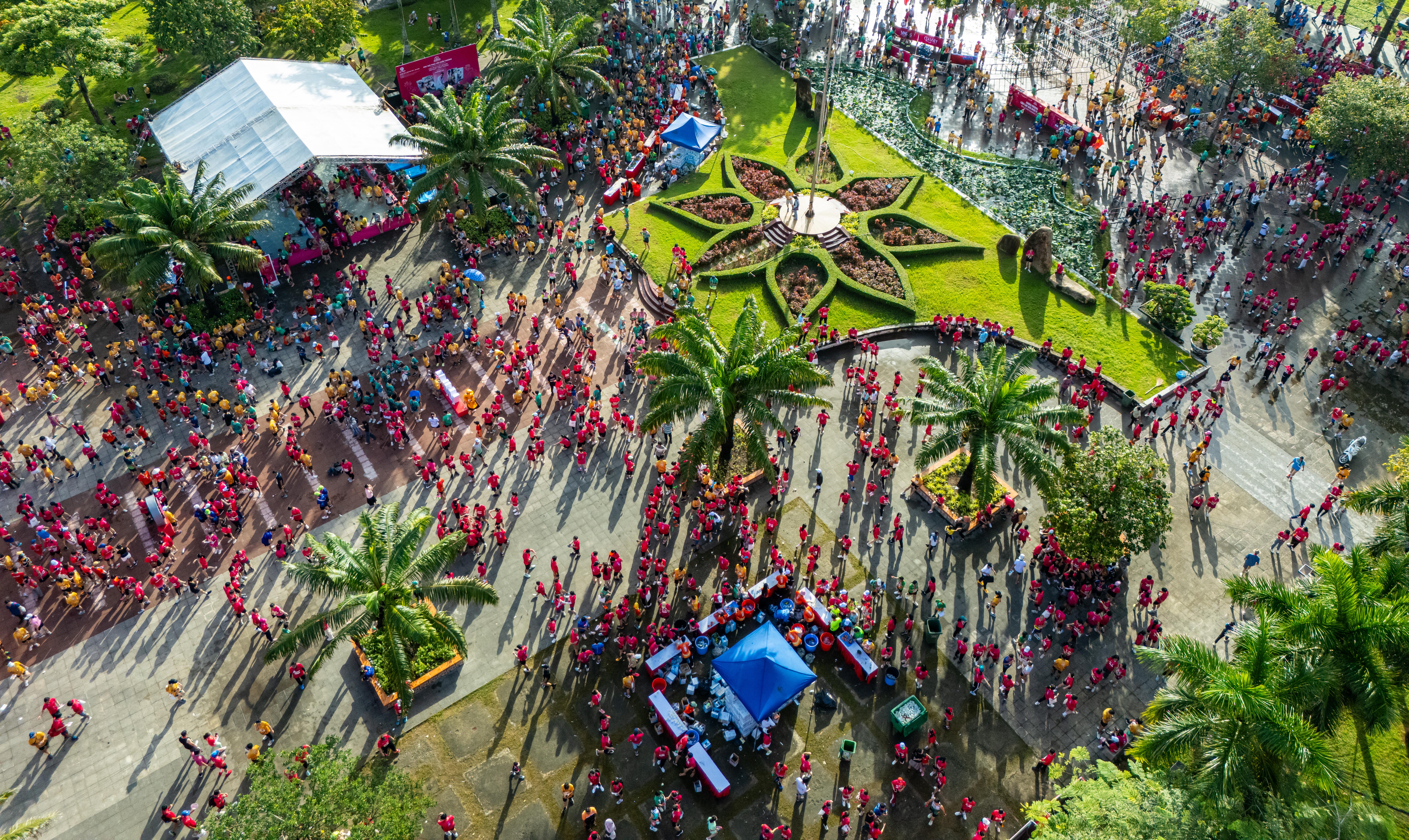
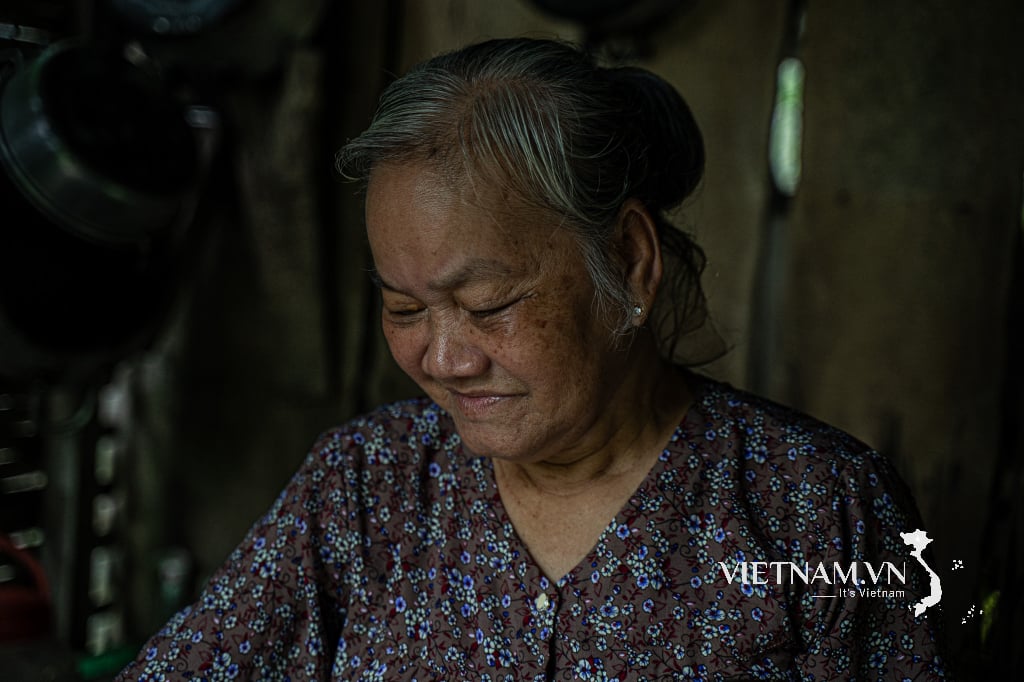

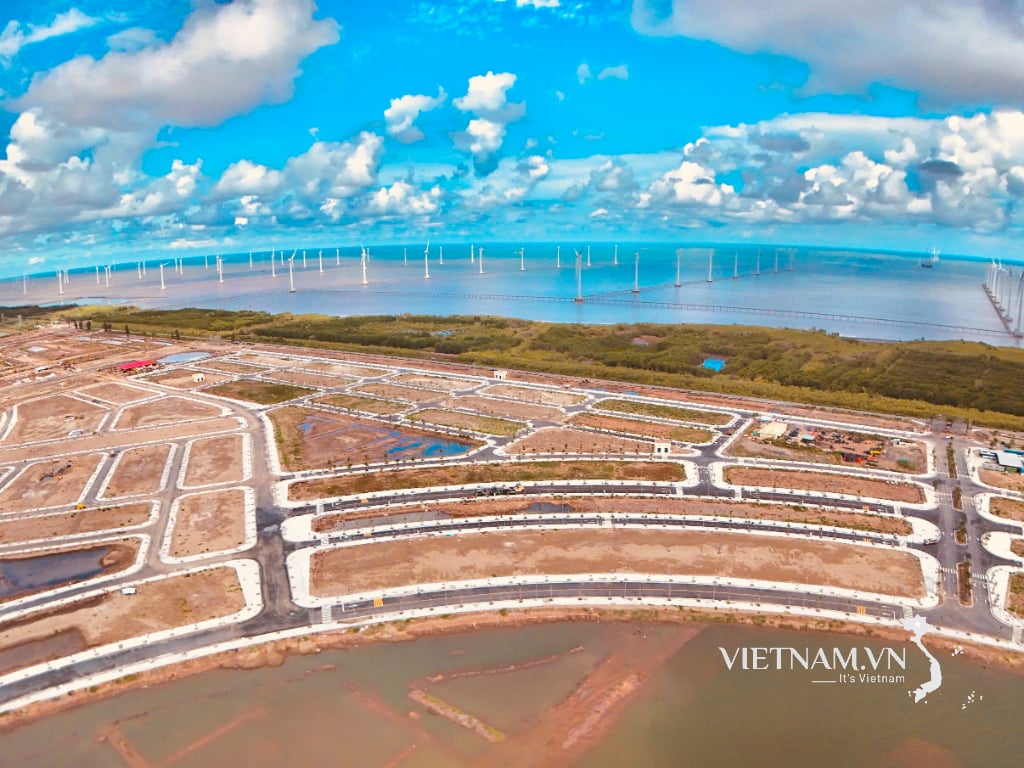
Comment (0)